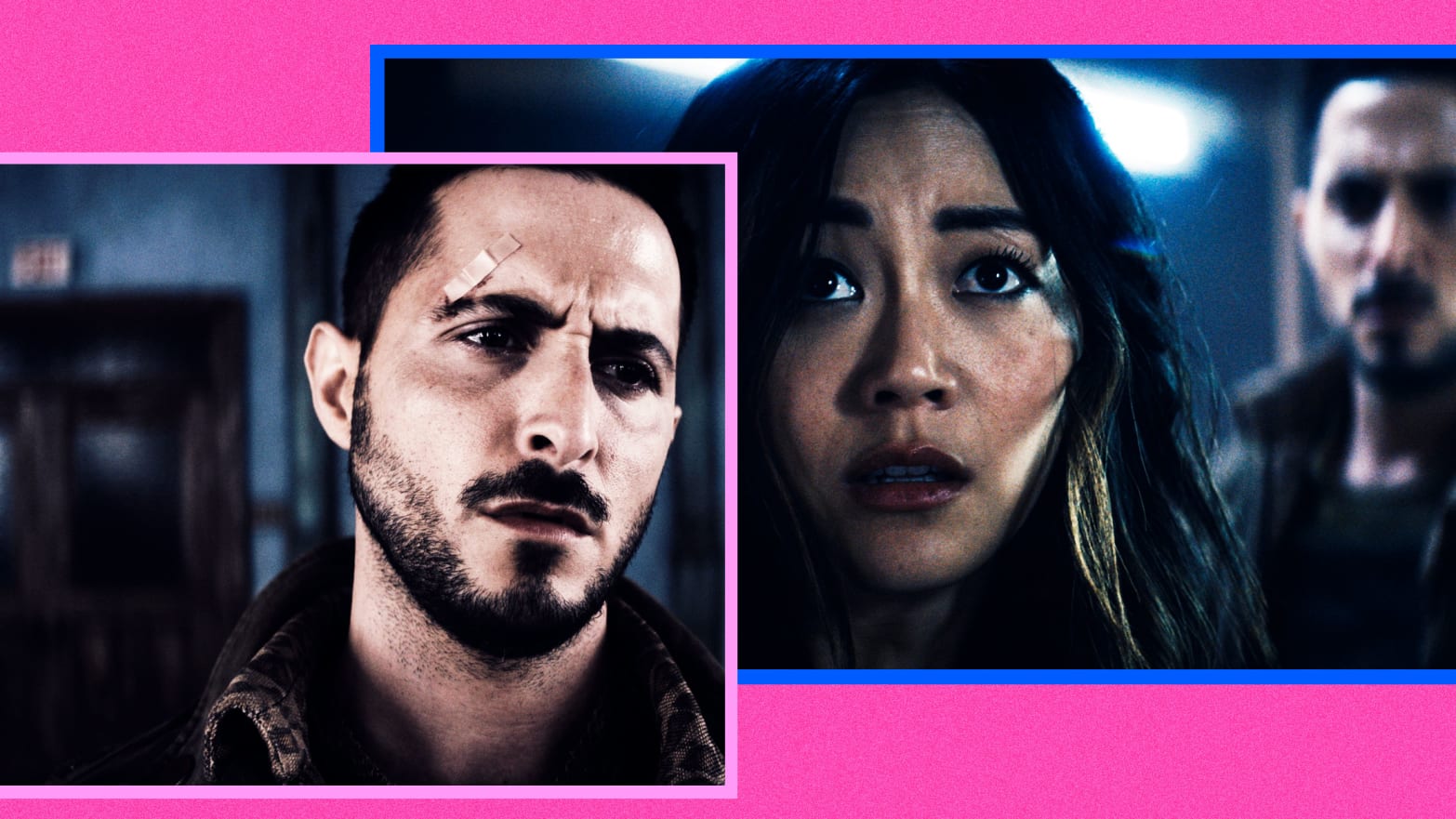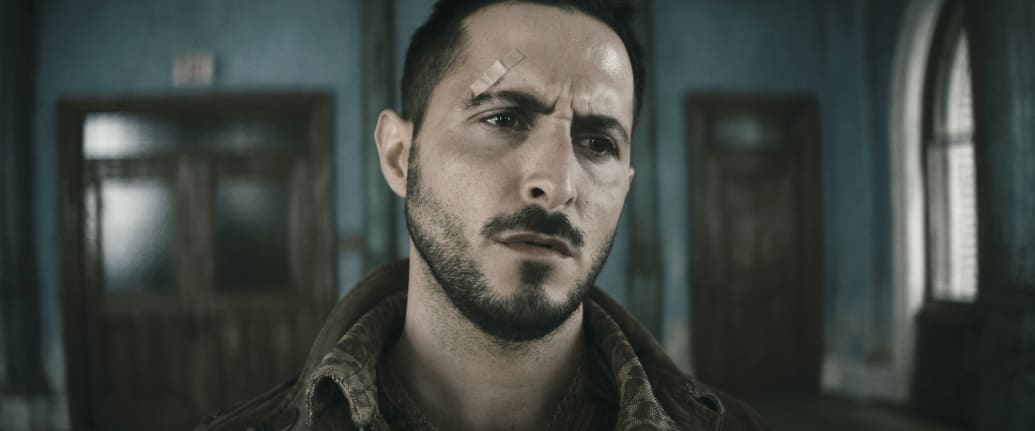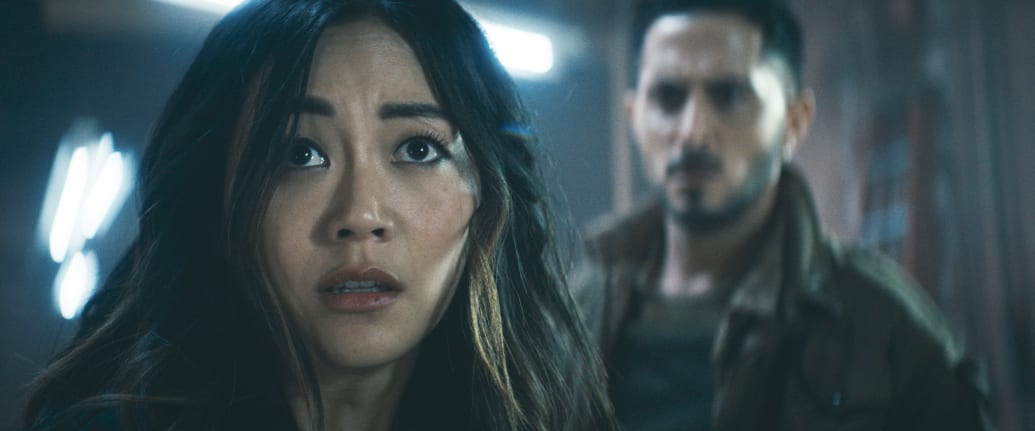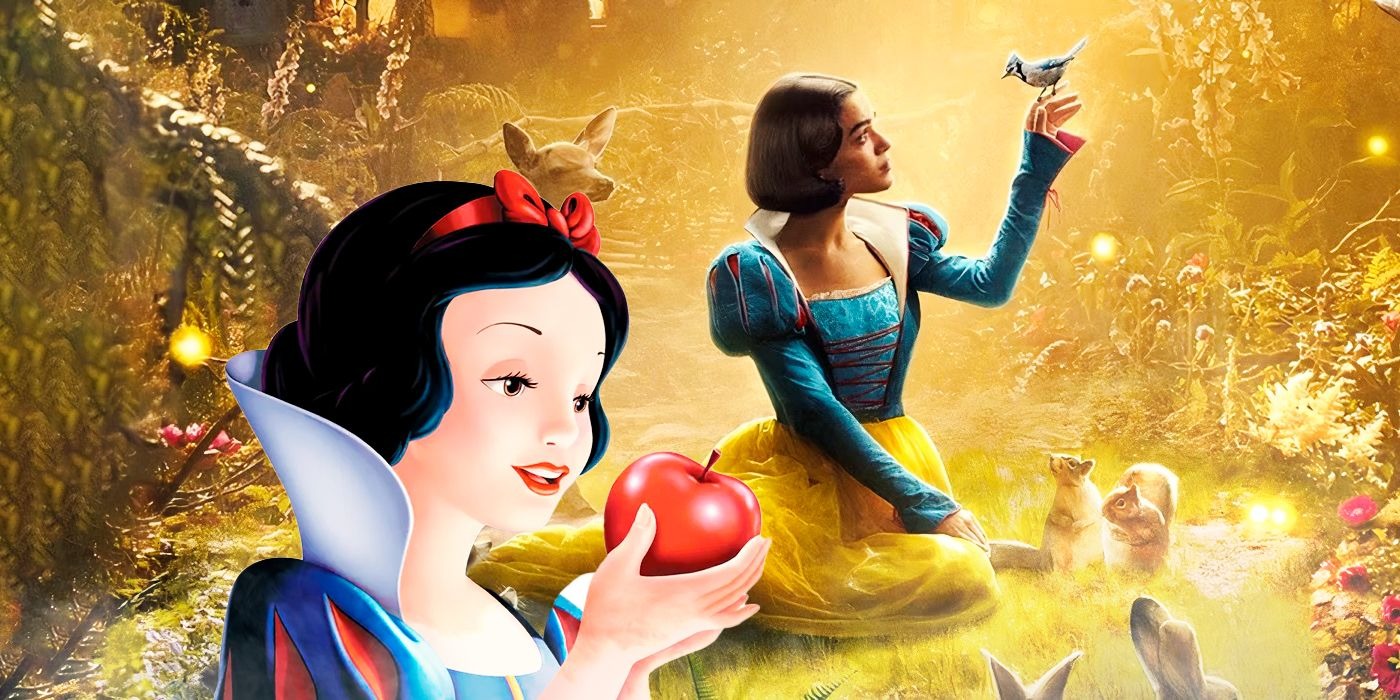From “proud lesbian” Maeve to the “suddenly gay” Frenchie, “The Boys” has always been ahead of the bi curve.

Maeve’s Season 2 storyline was about a woman who’s already comfortable with her sexuality, but less comfortable with having it trotted out to the masses for corporate PR points.
When Homelander (Antony Starr) outs Maeve on live TV, Maeve’s more concerned about the implications this has for her ex-girlfriend Elena (Nicola Correia-Damude), who will now be forced into a public life and made a potential target of Homelander’s wrath.
The storyline’s sharpest moment comes when Elena and Maeve are being pitched a press angle by Vought VP Ashley (Colby Minifie), in which Maeve is sold to the nation as a “proud lesbian” who has courageously embraced her true self. It’s the easy, expected narrative, with the sort of “Be Yourself!”-style rhetoric that most people wouldn’t be offended by. There’s just one problem, which Elena’s quick to point out: “You know Maeve is bi, right?”
For a lot of bisexual viewers, this was a cathartic scene, simply because the show had actually said the word “bi” without any beating around the bush. It would’ve been easy for the writers to characterize Maeve as a lesbian, especially since her only established romance besides Elena was with the coercive Homelander, but they didn’t. Instead they explicitly clarified her as bi, refusing to erase any of the messier implications of her past relationship with Homelander in the process.
This might not sound like that big of a deal, but it’s a surprisingly rare occurrence in mainstream TV. Orange is the New Black might’ve made waves in 2013 for its bisexual protagonist Piper (Taylor Schilling), but even that show took seven whole seasons before anyone explicitly called her bi. Before that, Piper was portrayed more like a repressed lesbian who starts off in a straight relationship, before rekindling a liberating romance with a female lover. It’s easy to read her relationship with Larry as purely comphet, and her relationship with Alex as a rediscovery of her true self.
Before Piper frustrated bisexuals everywhere, there was Alyson Hannigan’s Willow in Buffy the Vampire Slayer, who realizes she’s a lesbian in season 4. Willow and Tara were a great couple, and their impact on LGBTQ+ representation on TV can’t be overstated, but the portrayal of their love admittedly undermined Willow’s romance with Oz (Seth Green) in the previous seasons. There was an easy way for the show to have its cake and eat it too—just make her bi!—but the show insisted on portraying Tara as Willow’s first real romance, the first one that truly mattered, regardless of all the time fans had spent getting invested in her and Oz.
Buffy showrunner Joss Whedon spoke about this decision later on, clarifying that if he’d made the series today Willow would’ve been bi. But at the time, bisexuality was seen as muddying up the “born this way” narrative of the gay rights movement; bi Willow could’ve been taken as an encouragement of the idea that being gay was just a phase, something people could choose to opt out of. The idea that being sexuality is a rigid, either/or thing was often an effective way to convince straight people to support gay rights, and bisexuality threw a wrench into that narrative.
In other words, bisexuality was too complicated and nuanced for audiences to handle in the early 2000s, something they simply weren’t ready for. Or as Ashley on The Boys would put it 20 years later: “I just feel like ‘lesbian’ is an easier sell. A bit more cut-and-dry.”
So began a running joke through Seasons 2 and 3 of The Boys, in which poor Maeve is too exhausted to even bother to correct people when they call her a “proud lesbian.”
For two seasons straight, the show mocked the way bisexuality seems to break people’s brains, the way people struggle with the simple concept that someone’s sexuality isn’t solely defined by who they’re currently sleeping with. The idea that Maeve could cope with Elena leaving her by having rebound sex with men shouldn’t be confusing, but to Ashley it’s mind-boggling. It’s not “on brand.” As far as Vought is concerned, Maeve would be so much easier to deal with if she was straight or gay, not some spooky in-between category. It’s an insightful commentary on the way bisexuality is often ignored or mischaracterized, even by allies who mean well.

Tomer Capone as Frenchie in The Boys.
Courtesy of Prime
That’s why it’s so frustrating, after The Boys spent so much time making fun of this sort of attitude, for Frenchie (Tomer Capone) to receive the same sort of close-minded confusion from fans. Season 4 gives him a romance with new character Colin (Elliot Knight), and the internet went ablaze with complaints. “Why is Frenchie now gay?” people asked, as if Maeve’s entire storyline hadn’t repeatedly taught us how silly that question is. There were widespread complaints that Frenchie’s supposedly newfound gayness had shut the door on his potential romance with Kimiko (Karen Fukuhara), which fans had been rooting for since Season 1.
But Frenchie has always been implied to be bisexual, not gay or straight. It’s been all but confirmed that he was in a throuple with Jay and Cherie in Season 2, with him even referring to Jay as his “Dorothy,” a reference to a popular old queer euphemism. And even if there were no previous gay relationships for viewers to point to, that still wouldn’t justify the immediate assumption that Frenchie had been “turned gay” by the writers. If a guy who’d only been in relationships with women starts getting in on with another guy, why should the immediate assumption be that his love for those women wasn’t real?
The whole point of bisexuality is that there are no strict rules, that you can date however many women in a row and it doesn’t have to be a big deal to date a man afterward. The immediate jump from “Frenchie’s dating a guy” to “he must be gay” is a classic example of bi erasure, one that The Boys fans of all people should be above. Has Brave Maeve taught us nothing?
In fairness to the fandom, Colin did sort of come out of nowhere. He was one of several characters who popped up at the beginning of Season 4, seemingly for the sole purpose of giving another main character an arc about dealing with their past.

Colin’s purpose is to be a catalyst for Frenchie’s character change, and more importantly, he’s an obstacle in the way of Frenchie and Kimiko’s love. Colin is to Frenchie what Karen on The Office was to Jim, or (for a meaner comparison) what Cal Hockley was to Rose in Titanic. Colin was Frenchie’s obvious wrong romantic choice, a common obstacle storytellers include to prolong a will-they/won’t-they dynamic. Colin’s temporary role in Frenchie/Kimiko’s romance was clear, but it was misunderstood by a lot of viewers by simple virtue of him being a man.
That’s why the finale’s best scene, when Frenchie and Kimiko finally kiss and begin a proper romantic relationship, isn’t just a lovely climactic moment for both characters. It’s also a nice lesson to all the bi-erasing viewers that yes, Frenchie’s bi, and no, you should never have assumed the show was bailing on the romance between the two.
It’s a lesson that hits hard because, judging by the fan response, it’s something a lot of the audience needed to learn. The Boys has always been an unsubtle show with its politics, and despite the usual yearly right-wing backlash, most of its liberal political comedy still has strong vibes of preaching to the choir. Season 4 includes references to easy targets like Pizzagate and Jewish space lasers, delivered with a tone that indicates the writers think they’re being more provocative than they really are.
But Season 4’s fun lesson in bisexuality, offering a male counterpart to Season 2’s education in how to not be annoying and dismissive to bi women, feels like it has a real impact. Frenchie seems to be a lot of viewers’ first proper experience with a bi male character whose queerness is taken seriously, where the references to him hooking up with men isn’t just delivered through Deadpool-esque “no homo” humor.
The Boys has always taken bisexuality seriously, even when its fans didn’t, and that alone helps it rise above its mainstream superhero peers.

